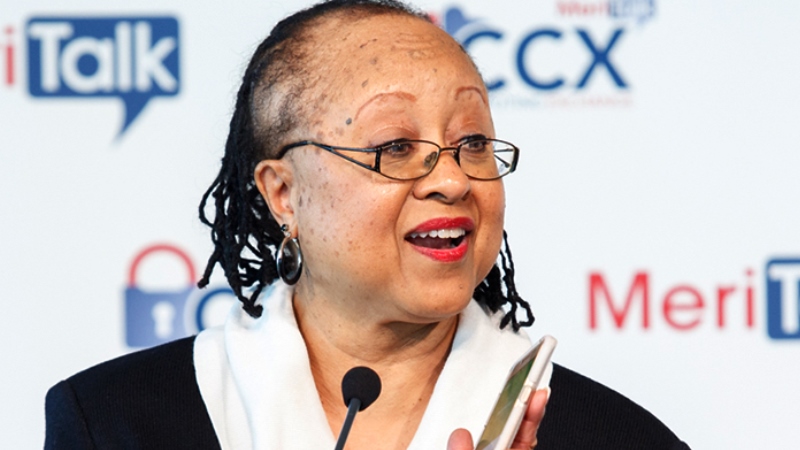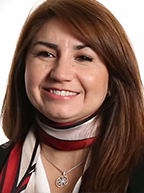
Five days after millions of women marched around the world in support of equal rights, a group of female government technology leaders agreed it is more important than ever for young women to pursue careers in science, technology, engineering, and math (STEM).
When asked directly what advice she has for women who might feel discouraged because of past comments made about women by President Donald Trump, Joyce Hunter, former deputy chief information officer for policy and planning at the Department of Agriculture (USDA), said women should assert themselves in Federal IT despite that behavior.
“Failure to confront is permission to continue. You have to confront it head-on. There are always people who will try to bully their way through life,” Hunter said. “It’s important for us to continue to support young women. Given the tenor of the administration, we have to be even more vocal.”
Hunter, who spoke at the Association for Federal Information Resources Management (AFFIRM) Empowering Women in Government IT panel on Jan. 26, stressed the importance of young people, especially young women, in technical fields. STEM is a predominantly male realm. According to the Census Bureau’s 2009 American Community Survey, women account for only 24 percent of the STEM workforce.
Despite the dearth of female STEM workers, there are many STEM possibilities in the Federal government, Hunter said. For example, USDA hosts a two-week summer camp for urban kids centered around science, technology, engineering, agriculture, and math (STEAM) subjects. Hunter, who earned her degrees in sociology and marketing, said that many STEAM camp alumni return for a second year and several have gone on to earn STEM degrees in college.

Veronica Villalobos, principal deputy associate director for the Office of Personnel Management (OPM), previously served as the director of OPM’s Office of Diversity and Inclusion. Through these positions, she said she learned the importance of internships, and stated that women can frequently find careers they did not know about in Federal IT.
The number of young women entering STEM hinges upon their mentors, Villalobos said. She encouraged women to attend “flash mentoring” sessions, where they can meet with many young people one-on-one and advise them. Specifically, Villalobos championed the field of cybersecurity among young people.
“We think we’re going to need about a million people in cybersecurity in the next few years. All the STEM fields will grow,” Villalobos said. “We need to push our daughters and nieces into it. We need diversity of thought.”
Alliances are as important within the workplace as they are with outside organizations, Villalobos said. Hunter, too, said making friends and working with others was important to personal career growth. She said the key to doing well as a woman in tech is engaging with the people and projects around you. Hunter stated she developed relationships by asking people to work on projects with her, forming a “coalition of the willing.”
“Some geeks aren’t going to invite you because you don’t share their geekiness,” Hunter said. “Assert yourself. I did a Vulcan mind-meld with everyone possible.”
